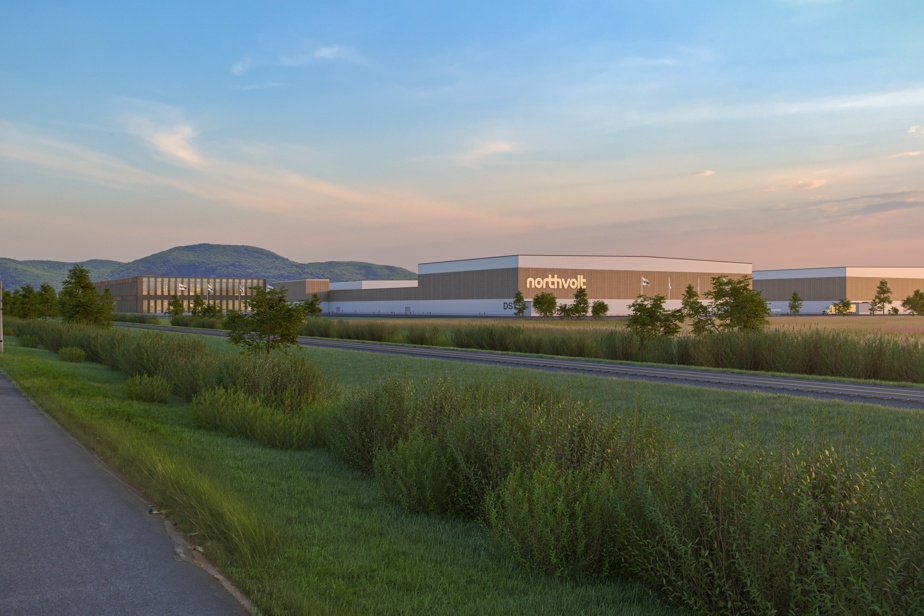Heavy machinery is about to come into operation at Northvolt. The battery cell manufacturer has obtained authorization to launch preparatory work, La Presse has confirmed. Because it will encroach on wildlife habitats, the company will have an obligation to “create,” “restore” or “preserve” natural environments over an area of 30 to 50 hectares – up to 90 football fields.
This obligation is part of the requirements of the Ministry of the Environment, the Fight against Climate Change, Wildlife and Parks (MELCCFP), which on Monday issued a first authorization to the young Swedish company, which still has time to go her to uphold her part of the agreement.
“This is a fairly rare situation,” says Assistant Deputy Minister Daniel Labrecque in an interview. We believed that this was required in this project. »
The preparatory work planned by Northvolt on the immense site which straddles the municipalities of Saint-Basile-le-Grand and McMasterville, on the South Shore of Montreal, essentially concerns land leveling, deforestation work – on several hectares – , excavation and backfilling. This is not, for the moment, the construction of the buildings of the complex, for which other authorizations will be necessary.
On Monday, Northvolt did not comment on the Legault government’s decision. The company must now obtain a permit from the municipality of Saint-Basile-le-Grand regarding the preparatory work, but this is an administrative formality.
Despite the heavy industrial past of the 170-hectare land which formerly housed the Canadian Industries Limited (CIL) explosives factory, the first phase of the work planned by Northvolt will have repercussions on biodiversity and wetlands.
Northvolt’s immense $7 billion complex – financed to the tune of $2.75 billion by Quebec and Ottawa – will notably affect 13 hectares of wetlands. The place is also home to a nesting area for the least bittern, a bird considered a vulnerable species whose presence has been detected three times since 2016. Common amphibians have also been observed, as well as the spiny softshell turtle.
But after approximately six months of discussions between the company and the MELCCFP, the latter concluded that it was necessary to “recreate something equal to the value of what will have been disturbed in terms of surface area of wildlife habitats on the site,” adds the deputy minister. The Ministry could have opted for restrictive means, but Mr. Labrecque affirms that the cell manufacturer “accepted of its own free will” the scenario on the table.
This obligation is accompanied by a payment of 4.75 million made by the company in the Restoration and Creation of Wet and Water Environments Program.
Northvolt has time ahead of it before meeting the requirements of the MELCCFP. She has 36 months before submitting her proposal. It can develop a space, restore a site or ensure the conservation of a place that meets the requirements of the agreement between the two parties.
“It cannot be several islands distributed left and right,” explains Mr. Labrecque. They will have to offer us something that will be analyzed by our biologists and that is considered of equal value to the wildlife habitats that will be affected on the site. »
At the time of writing, Quebec had not specified the time Northvolt would have to develop this 30 to 50 hectare space, once its proposal had obtained the approval of provincial officials. The start of its complex is planned around 2027.
The first phase of the Northvolt site focuses on the production of cathode materials (the positive pole of a battery) as well as cells. This aspect of the project will not be subject to the procedure of the Office of Public Hearings on the Environment (BAPE). However, the portion dedicated to battery recycling will have to submit to this mechanism which provides for the production of an impact study as well as public hearings.
